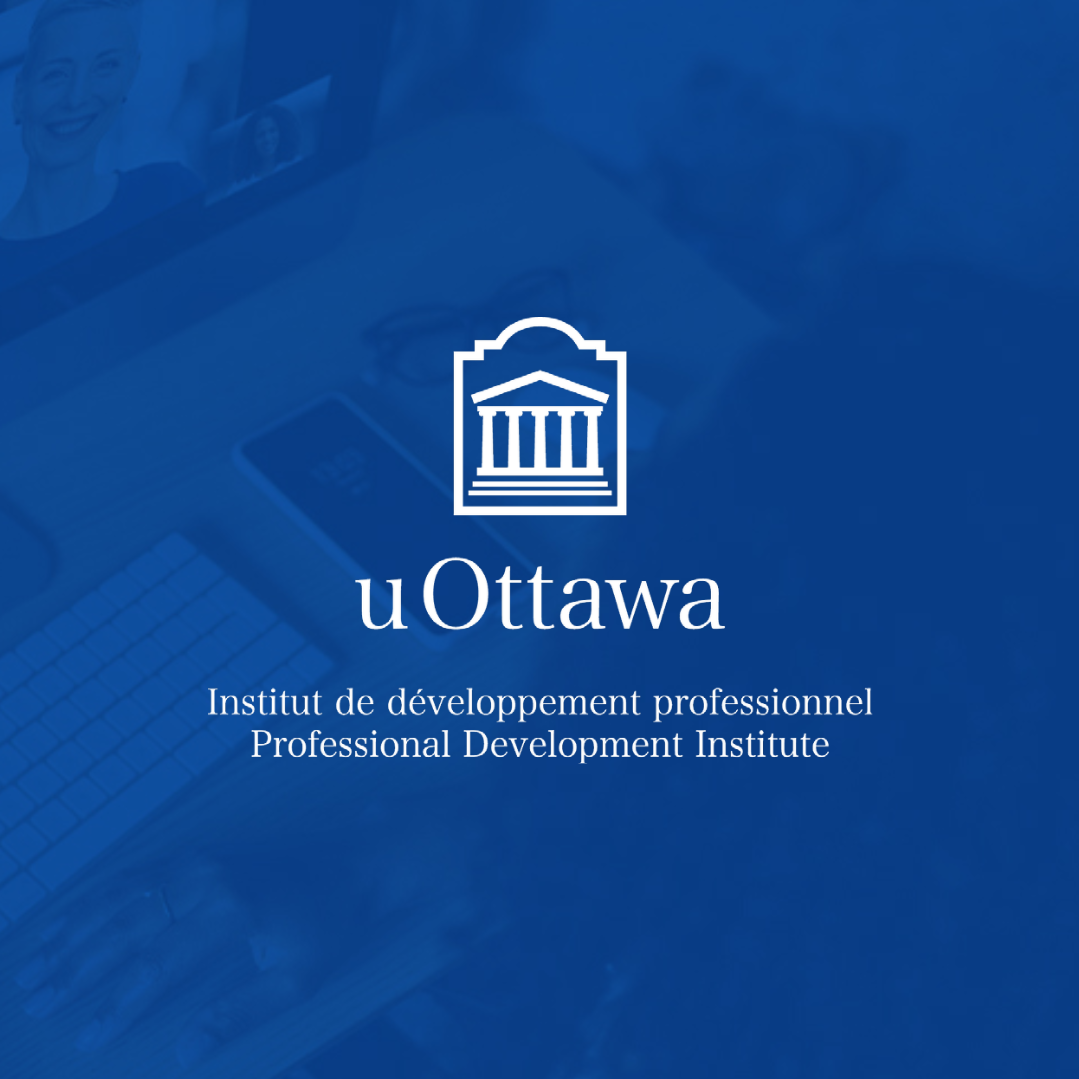This course will get participants ready to capture and document an existing end-to-end process using an extended set of recognized standards for process modeling and mapping.

This course will get participants ready to capture and document an existing end-to-end process using an extended set of recognized standards for process modeling and mapping.
You will be exposed to different types of process maps (4), allowing you to better understand the nuances and intricacies of your processes.
You will be able to distinguish which maps are used for crystalizing your ‘current state’ and which are used to help analyze the opportunities for improvement before designing and modeling the optimized version of our ‘future state’.
At the end of this course the participant will be able to:
The University of Ottawa’s Professional Development Institute (The Institute), originally branded the Centre for Continuing Education, was established over 25 years ago to offer higher learning opportunities to private and public-sector professionals and the community at large in Ottawa.
Over the years, we developed and nurtured expertise, growing significantly in both course offerings and new specialty knowledge areas, outgrowing its original mandate.
In late 2018, our organization was rebranded as the Professional Development Institute. The previous designation no longer encapsulated the breadth and depth of current and future offerings nor did it reflect our expanded mandate and reach.
Our Mission:
The Institute has been recognized as mission critical to the University of Ottawa and at the forefront of professional development in Ottawa and beyond.
We have greatly diversified our programming, developed strategic partnerships with both government and private industry, offered event-based learning and conferences, established co-designed programs with key government sectors, and more.
The highly sought-after “Institute” designation is rarely granted by the University administration, and done so only after very careful consideration.
A rigorous approval process, involving the President, the Provost and the Vice-Presidents, must validate the rationale and justification for the use of the ‘Institute’ label.
The fact that we have been granted this distinguished designation is testimony to our organization, its accomplishments and its potential, and to the dedication and engagement of our staff and expert instructors.
© 2025 coursetakers.com All Rights Reserved. Terms and Conditions of use | Privacy Policy